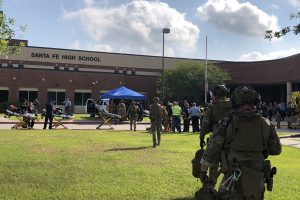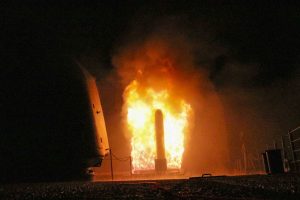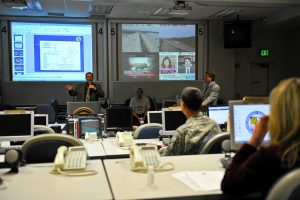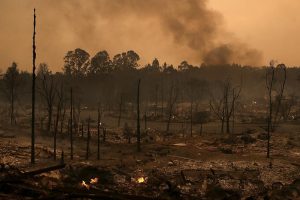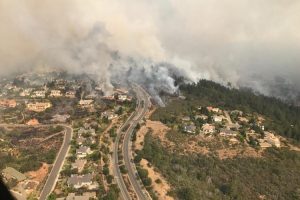Around 50 tribal leaders from Syria’s Raqqa, Al-Hasakah and Deir Ezzor agreed to form the Army of Al Jazira and Euphrates at a March 14 meeting in Turkey’s southeastern province of Şanlıurfa, Daily Sabah reported.
The meeting was organised by the Al Hasakah and Euphrates Region General Assembly of Syrian Tribes, TRT World reported. Under the banner “Working together to end occupation by Assad, Russia, Iran, Hezbollah, Daesh and the PYD,” the leaders discussed military and political cooperation.
Leaders thanked Turkey, Qatar and Saudi Arabia for their support.
According to Daily Sabah, High Council of Syrian Tribes spokesperson Mudar Hamad Al-Essaad signed a statement expressing the purpose of the armed group is to clear the tribes’ areas of Islamic State, Syrian government and allied forces, and the PYD.
The army will be led by former Syrian Arab Army officers or Free Syrian Army commanders.
Criticism of the PYD
Turkey considers the Kurd-led Syrian Democratic Union Party (PYD) a terrorist organisation because of its links to the Turkish PKK. The PYD, its YPG militia, and the Syrian Democratic Forces are often conflated by opponents. The United States considers the SDF a partner on the ground in its fight against Islamic State, and does not consider the YPG or the PYD as terrorist organisations.
Speaking at the meeting, Sheikh Rafi er-Raco Ukla said the United States was supporting the PYD, and that the party was no different to Islamic State, Kom News reported.
Ukla called for the “international community to support our efforts to eliminate the terrorism of Daesh, the PYD and the Assad regime from [Syria’s] Al-Hasakah and Euphrates regions,” Haberler reported.
“The PYD has displaced numerous families and forced Arabs in more than 50 villages to emigrate,” Ukla said.
UN investigations of civilian displacements
In its report of March 10, 2017, the UN’s Independent International Commission of Inquiry on the Syrian Arab Republic (IICISyria) noted that YPG and SDF units had displaced communities, but concluded the displacements were temporary and were aimed at protecting people from mines planted by IS. It noted that in some cases, civilians were not provided “adequate humanitarian aid such as tents or water.”
93. Though allegations of “ethnic cleansing” continued to be received during the period under review, the Commission found no evidence to substantiate claims that YPG or SDF forces ever targeted Arab communities on the basis of ethnicity, nor that YPG cantonal authorities systematically sought to change the demographic composition of territories under their control through the commission of violations directed against any particular ethnic group.
In its February 11, 2016 report, IICISyria noted reports alleging forced displacement of Arabs and Turkmen in southern Hasakah and Tel Abyad in 2015. It said that many were told to leave for their own security and that residents had returned to many town and villages.
98. Ethnic differences between the predominantly Kurdish YPG and the largely Arab residents of the areas captured from ISIS underpin distrust in the motivations of YPG. It is essential that residents from towns (such as Suluk) who have not yet been allowed to return to their homes be given detailed information about the reasons for their displacement, and a timeline for return.


